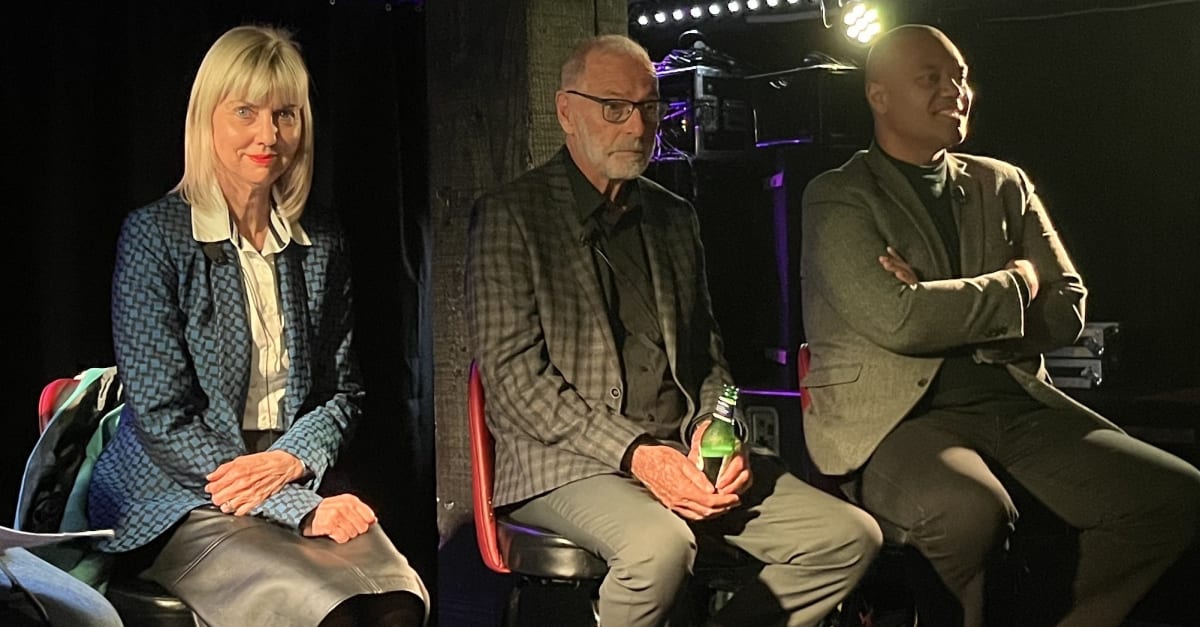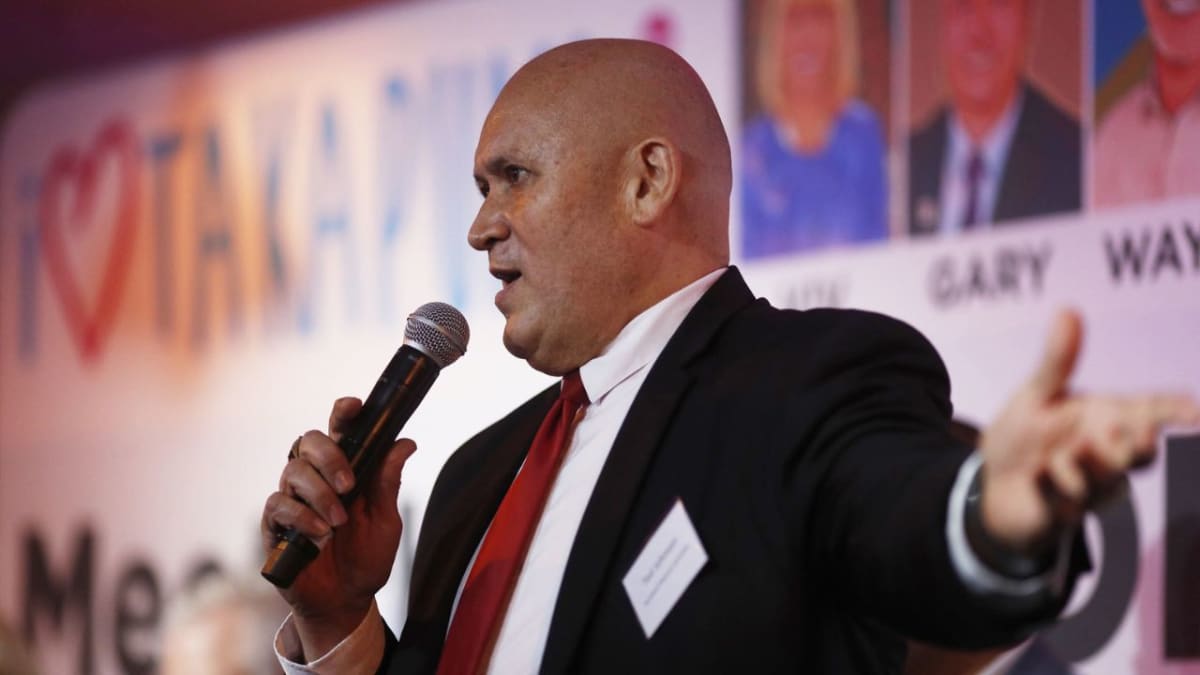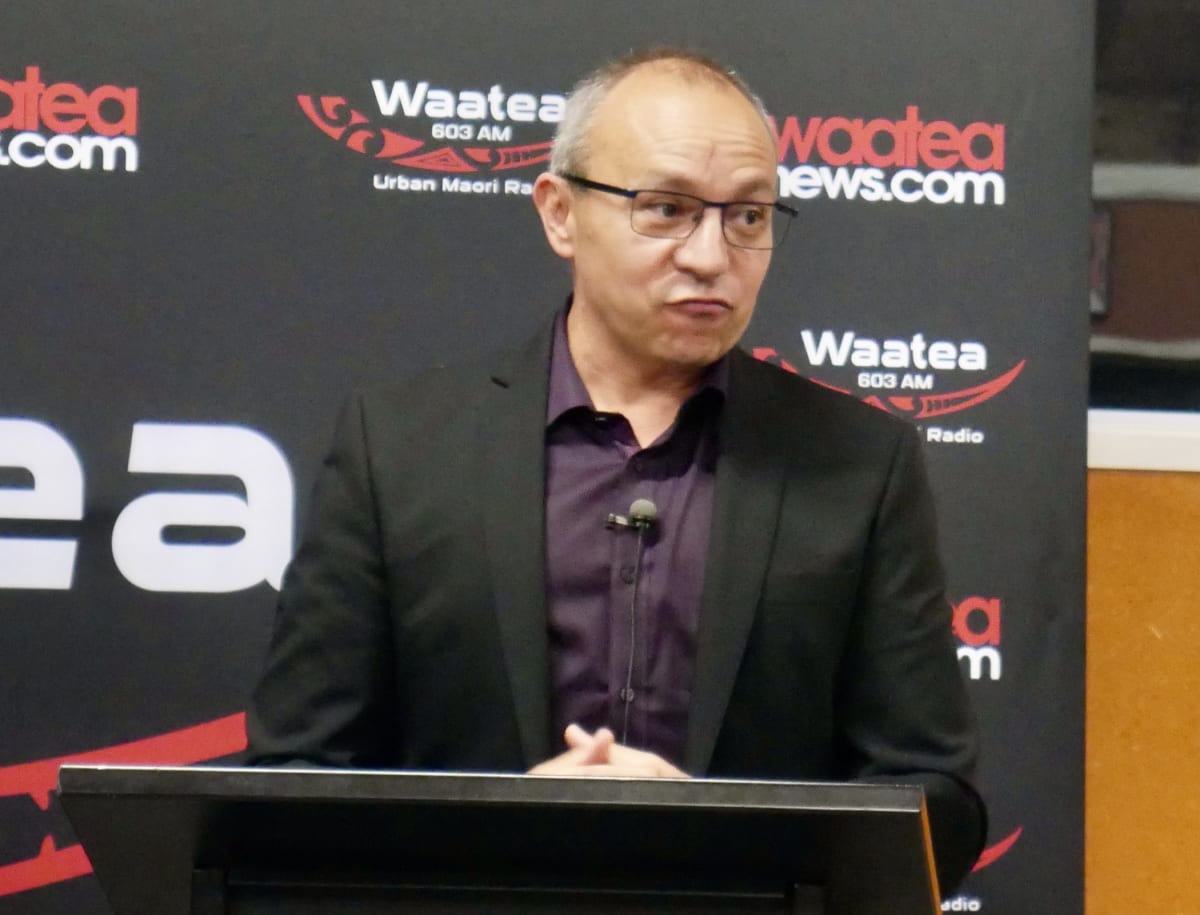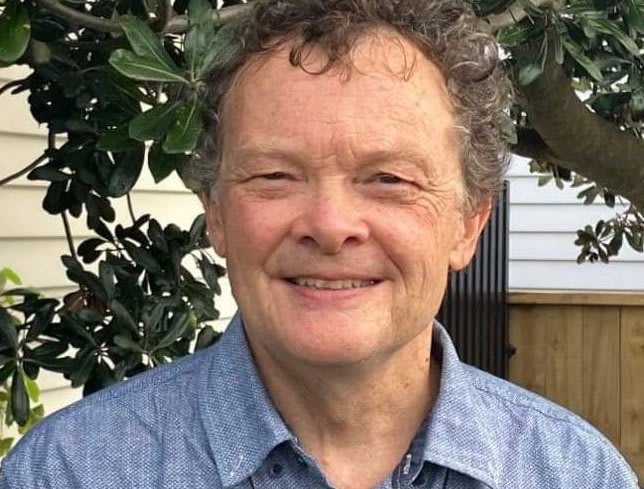Newsroom canvasses the leading Auckland mayoral candidates to find out where they stand on one of the most contentious issues of the year, the impending changes to Auckland’s zoning rulebook
Zoning for intensification has proven itself a flashpoint issue in the city of sails.
Issues as lofty and substantial as climate action, preservation of history and the state of Auckland’s infrastructure have all been wrapped up in the question of how and where densification should be allowed, and where the status quo of housing should be protected.
Six weeks out from the local body elections, the race for the mayoralty is heating up, with housing an often-cited issue by most candidates.
The subject of housing inevitably comes back to the National Policy for Urban Development (NPS-UD) - a piece of legislation handed down from central government which dictates the settings for intensification across all major cities in New Zealand.
Auckland Council spent the past few months tackling the details that it can change, such as the the criteria an area needs to fulfil to be exempted from greater intensification.
Newsroom Live debate: Join Newsroom as we put Auckland's mayoral candidates' to the test in a live debate, Thursday (8 Sep), 7pm at University of Auckland City Campus. Register here.
Although much of the fine-tuning of the Government’s recommended settings is already in the past, the final decisions from the council are expected in March of 2024.
It means whoever ends up wearing the mayoral chains will be a part of the process determining the future of the city and the big question in local politics - to intensify or not to intensify?
To get to the bottom of where they stand on the NPS-UD, Newsroom canvassed a selection of the highest-polling candidates.
It turns out the binary question of to intensify or not is reductive, with most candidates occupying a space somewhere in the middle.
There were common criticisms from all of the candidates about the ‘one-size-fits-all’ nature of the policy, although different levels of priority were granted to getting young people into affordable housing or protecting historic precincts in the central city.
The real question is whether a council can fight for one without sacrificing the other - it’s a question that could well be answered next year as the council gears up for the final decisions on the zoning rules under the leadership of a new mayor.
We asked eight of the 22 candidates running for mayor where they stood on this issue. This is how they answered:

Viv Beck
The chief executive of CBD business association Heart of the City said the housing intensification plans were the wrong way to get more affordable housing and will damage Auckland’s liveability, with impacts on sunlight, space and privacy.
She said existing Auckland character would be lost even under the new protections created by the council.
“Over the last few months I’ve met with thousands of people across the region and heard first-hand the significant concerns about what has been proposed, which will have a major detrimental impact on the character and identity of our city,” she said. “Once this has gone, it cannot be reinstated.”
The existing Auckland Unitary Plan already allows for intensification, with zoning for around 900,000 new homes.
She said in order to support more housing in high-growth areas, a better approach would be to speed up consenting processes and the rolling out of crucial infrastructure.
Gary Brown

The Hibiscus and Bays local board chair was not keen on the intensification set out in the policy, especially in areas that might not have the appropriate provision of infrastructure for greater densification at present.
“When you haven't got the transportation or the water services that's appropriate, then why would you do it?” He asked.
Brown wants to see development of roading for access for fire services and public transport before intensification gets the green light, and thinks the rules are too broad.
“I believe it should be case-by-case,” he said. “I think the regional council should have the authority to go through and say this is not suitable, let's make sure we get our infrastructure put in place.”
He said he has no issue with intensification around town centres that are well-served by public transport or in the centre of the city, but couldn’t see how it would function out in his local Orewa or Whangapaoroa area.
“Can you imagine someone going to do grocery shopping, pouring down with rain, and the closest bus stop is 400 yards away, and they've got those paper bags?”
Wayne Brown
Former Far North mayor Wayne Brown said the policy was an example of government overreach, and wants Auckland to decide what to do with Auckland.
“I am firmly in the camp that the Government should butt out of making any planning decisions for Auckland and indeed even on what infrastructure we need,” he said.
Brown is very much behind the Character Coalition and shares the group’s worries about intensification literally casting shade on the homes of people already living in affected neighbourhoods.
“I totally support the Character Coalition and the general worries about six-storey buildings going up without care about sunshine and light lines, let alone the lack of supporting infrastructure,” he said.
“Those of us who painstakingly made submissions to get a reasonable District Plan are very disappointed to find MPs not from Auckland coming up with rules for our city.”
Efeso Collins
The current Manukau ward councillor with Labour and Greens endorsements said the policy was something that had been imposed on councils and undermines a lot of the work already done through the development of Auckland’s unitary plan, which he said had already widely canvassed the views of Aucklanders and balanced the need to manage growth with maintaining special character.
“With the Government’s new directive to allow for much more intensification, councils have very little discretion and have to follow Wellington’s (central government) directives,” he said. “It's a pity Auckland is once again caught up in a one-size-fits-all national approach from Wellington.”
He said a balance must be struck in the plan the council comes up with, as if it doesn’t manage to provide development opportunities while protecting special character, Wellington is likely to override it anyway.
Collins said he supports more development and permissive planning in areas of the city people want to live in.
“We want to retain our families, businesses and young people rather than price them out of the city,” he said.
He supported special character areas, but wanted to look at the specific criteria in order to make sure the protections don’t limit necessary development.
“Preserving character and honouring our history is important, but it shouldn’t be used as a tool to resist all development,” he said. “Cities are living breathing changing organisms and there will always be a tension between embracing the future and honouring the past.”
Ted Johnston

The New Conservative co-leader also believed a one-size-fits-all approach was detrimental for Auckland.
“Every city is different and what may seem a good idea for one may be disaster for another,” he said. “This one-size-fits-all ideological policy, and its push for urban intensification, overrides the control of those who know (by living there) what is best for their own city.”
He acknowledged the importance of increasing access to safe, healthy housing and opportunities to build, but said infrastructure and facilities must be provided to cater to the increased populations of such areas.
“Forcing Auckland to have to provide housing up to six storeys within walking distance of Auckland’s city centre is just more ideology to benefit the lifestyle of those rich enough to afford such,” he said, pointing to the sky-high prices of properties within the area like in Ponsonby or Grey Lynn.
“Forcing home intensification around main transit stops points to a plan to force people to use the inconvenient centres that currently exist, not increase the coverage of the public transport rail system,” he said.
He emphasised the importance of having a city of home-owners, rather than tenants.
“People who are shifting to various addresses as they change rental addresses, do not plant the deep roots in a community, that home owners do when living in the same place for 30 or more years.
”Home owners whose families growing up associate with neighbours and the local organisations, schools and facilities,” he said. “A city of tenants is not as solid, strong and cohesive a community, as a city of home owners.”
Mike Kampkes

Mike Kampkes said the prime reason he was running was both in terms of the proposed legislation and what he said was the chipping away of the democratic process by central Government overreach.
He was the founder of the groups Citizens Against Housing Act 2021 and Save Our Suburbs Alliance, with both groups advocating against what he called a “bone-chilling housing law”.
Kampkes said the extent of protection for character areas that the council is proposing is not enough.
“The criteria that the council has chosen to include only some of them has set the bar too high,” he said. “No existing character area, as protected by the Unitary Plan, need be under the blade of the bulldozer as the Unitary Plan already has the capacity for substantial growth.”
His campaign promise is to lead the council to use every means possible to contain all medium density development within the bounds of the Unitary Plan's density zones, which he said have more than enough capacity for the city’s growth.
He said character homes being rezoned into areas where greater intensification was allowed was “needless and disturbing”.
"The act is bad law,” he said. “Its needlessness, stakeholders overlooked in its formation, and the severely truncated legislative process add up to citizens’ right to due process being denied and the general public being left in the dark.”
John Lehmann

Property manager John Lehmann was unambiguous in his disdain for the NPS-UD, which he said was a disaster waiting to happen.
He had worries about more people living on current properties and the pressures this would create for infrastructure.
“Council is trying to be seen as progressive but it's buggering up the city,” he said. “The whole thing is an absolute nonsense.”
He said the end result would be more people in tighter spaces, which in his eyes was antithetical to the nature of Auckland - a city where people value their open spaces.
He also had concerns about shoddy developments springing up across the city, which he said could be “potential slums… a bunch of Coronation Streets”.
Craig Lord

Freelance media operator Craig Lord also said the legislation would be a disaster for the city, and that it pushed aside the unitary plan - a workable albeit imperfect plan that could allow the council to provide controlled infrastructure.
He agreed intensification needs to happen, and said near to transport hubs was the best place for it.
However, he didn’t agree with the processes that have been used to determine what is or isn’t a character building.
“This legislation is nothing more than a back-door way of recovering from the KiwiBuild fiasco,” he said. “Government has simply turned developers into planners, and will use the resulting builds as a way to claim success.”
He said if elected mayor he would use everything at his disposal to fight the NPS-UD and have it reversed.
Michael Morris

The candidate for Animal Justice Auckland said when it comes to urban intensification versus character housing, it doesn’t have to be one or the other.
He pointed to the plan for Old Papatoetoe as an example of an intensification project that preserved the character of the area.
“High density housing development is being conducted on the council car park,” he said. “This represents low-biodiversity and non-character land that nevertheless has high real estate value.”
He said he’d rather see developments on carparks or golf courses than in character areas or places with cultural significance like Ihumātao.
“It could be a condition of resource consents for new development that instead of car parking they have a fleet of electric cars for tenants to use,” he said. “This means that they will require less space.”
Morris said the sale of council carparks and levies from developers could be used to fund better public transport, cycling and walking facilities.
“This in turn will better preserve character areas since we will not keep needing to build new roads for cars.”







